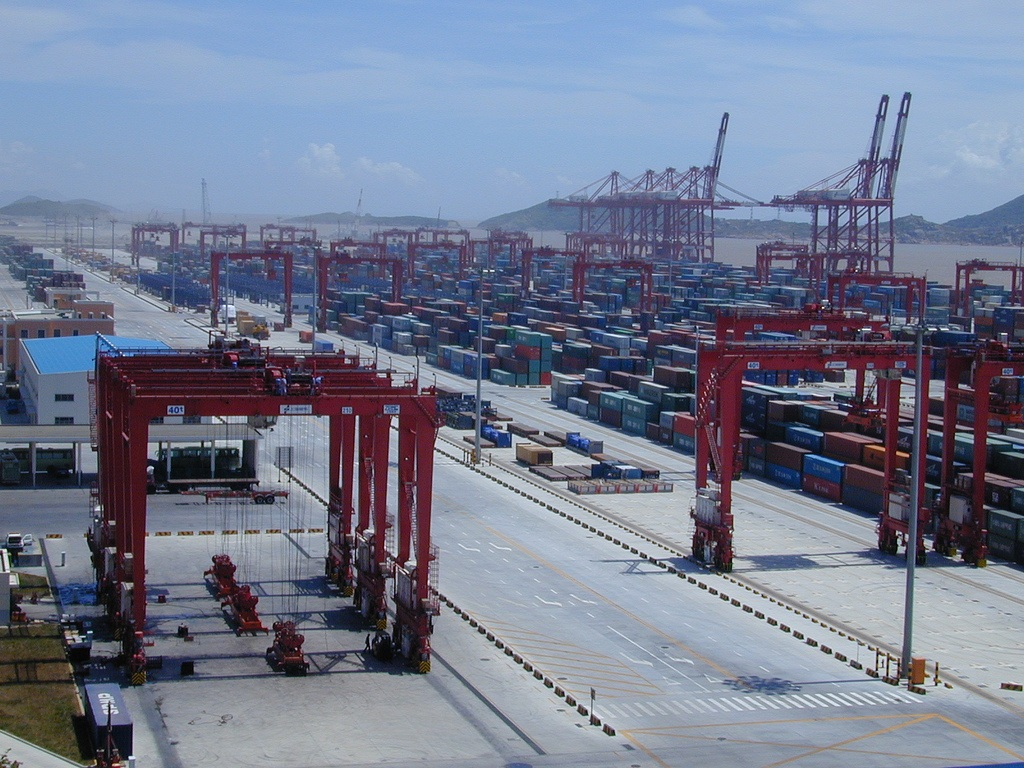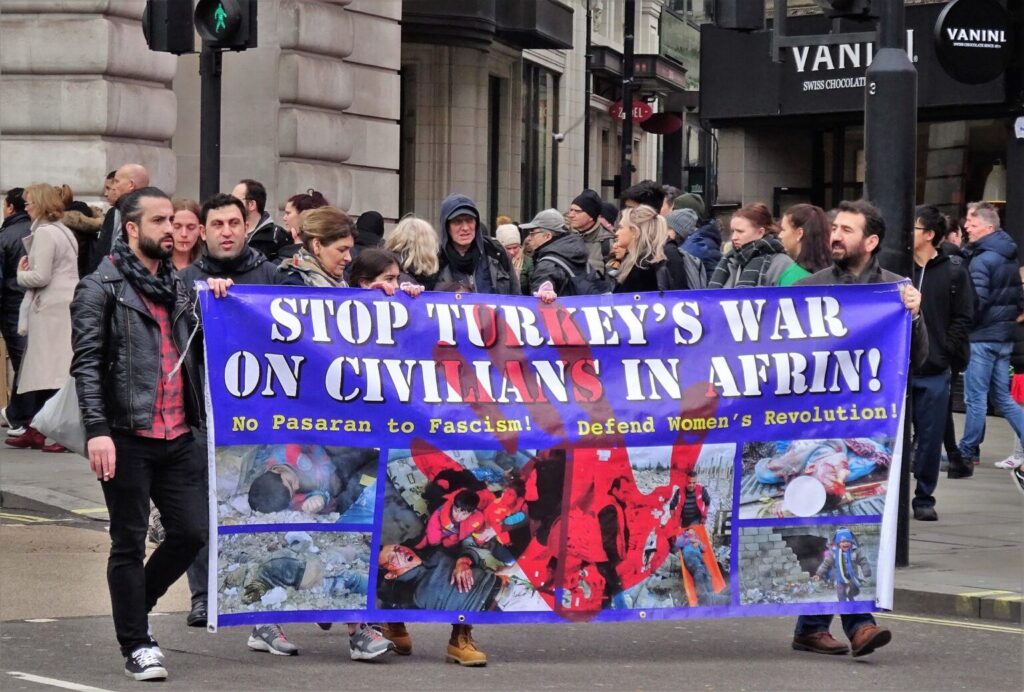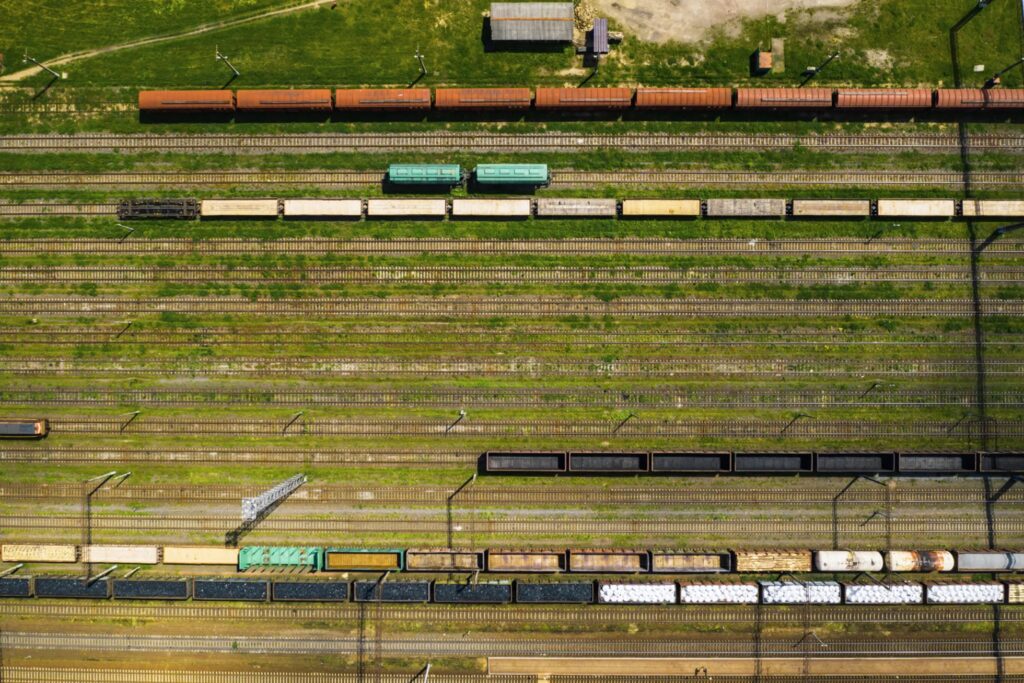Nigeria’s Second Independence

Why the Giant of Africa Needs to Start Over
Nigeria has always seemed like an impossibility. From the moment of its independence in 1960, observers questioned the country’s viability as a multiethnic, multireligious state. How could a country divided among two major religions and hundreds of different ethnic groups possibly stay together? When the devastating Nigerian civil war broke out in 1967, that skepticism appeared warranted. Perhaps, many concluded, Nigeria wasn’t meant to be.









